An industrial mixer is any piece of bulk processing machinery intended to mix or blend disparate ingredients to create a homogeneous end product. They are typically discovered in chemical and pharmaceutical labs, as well as in food manufacturers. The majority of industrial mixers are very different from typical residential mixers. Industrial models are frequently large and resemble complicated machines. Read More…
As a world leader in industrial mixer manufacturing, KADY International offers high-performance industrial mixing machinery including top and bottom entry batch mixers, high shear mixers and chemical mixers.
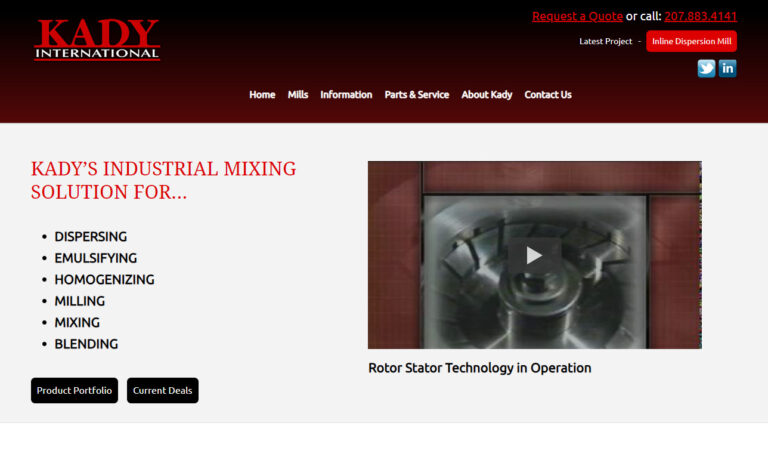
Frain Industries is the world’s largest provider of high quality processing machinery! We offer a wide variety of mixers based on the product and volume our customers require.
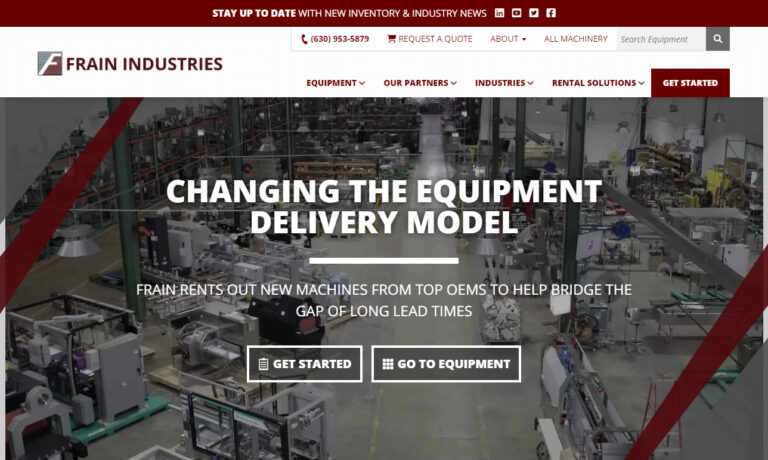
Ross is a manufacturer of industrial mixing, blending and dispersion equipment since 1842. We offer sanitary, standard and custom equipment designed to meet the varied mixing requirements of our customers from virtually all the process industries. Our plants in the United States, China and India are all fully equipped with advanced engineering and production tools. In the US alone, we operate ...
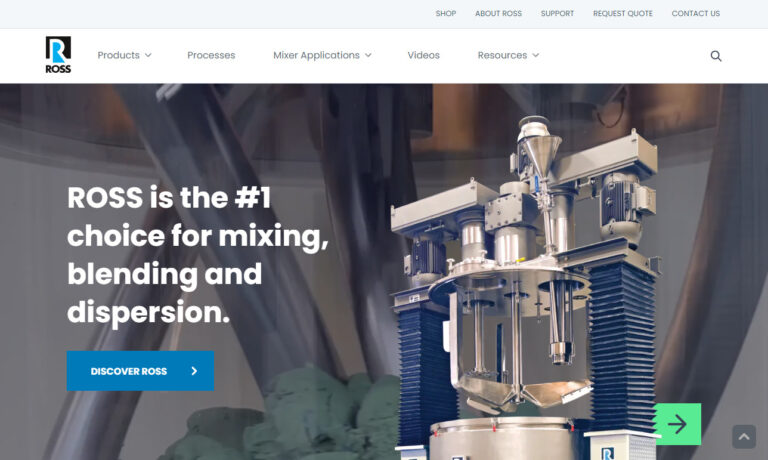
Admix, Inc. manufactures stainless steel mixing technologies & assists with tough mixing issues for a variety of markets. Choose from products such as basic mixers, Rotomaxx™ high torque mixers, BenchMix™ programmable lab mixers and more.
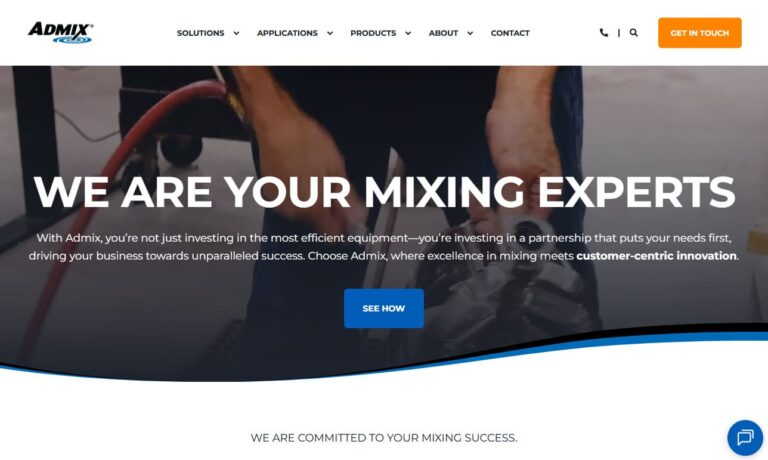
PerMix has been manufacturing mixing and blending equipment since 1954 for the pharmaceutical, nutraceutical, cosmeceutical, food, and chemical industry. PerMix leads the industry in innovative, performance driven, Value Added Engineering mixing solutions of all types for all industries. With over 28 types of mixers, we lead the industry in mixing solutions when it comes to mixing powders,...
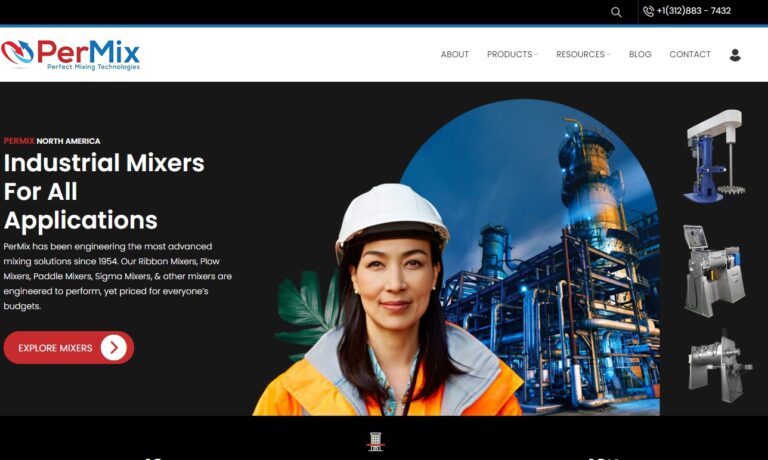
At Akona Process Solutions, we dedicate ourselves to designing and building mixers that deliver consistent performance and long-lasting value. We understand that reliable mixing technology is the foundation of countless operations, so we engineer our mixers with precision, durability, and adaptability in mind.

Our high-performance mixers ensure efficient and consistent material blending across a wide range of industries. Designed to handle everything from fine powders to coarse aggregates, with or without liquid addition, they deliver uniformity and precision in every batch. With innovative engineering, optimized flow patterns, and reduced energy consumption, they enhance productivity while minimizing...

Are you searching for industrial mixers? Your search is done and we supply the best quality industrial mixers on the market. We take pride in our manufacturing but also in our customer service. We are more than just a supplier; we desire a long lasting business relationship which results in years of customer satisfaction. Your experience is important to us. For all of your mixing needs visit our...

At ARDE Barinco, our goal is to help our clients mix, disperse, deagglomerate, grind and compound their high quality products in the shortest amount of time with the lowest operating and capital cost. Complete, up to date pricing for all standard mixers and spare parts is shown on our website.
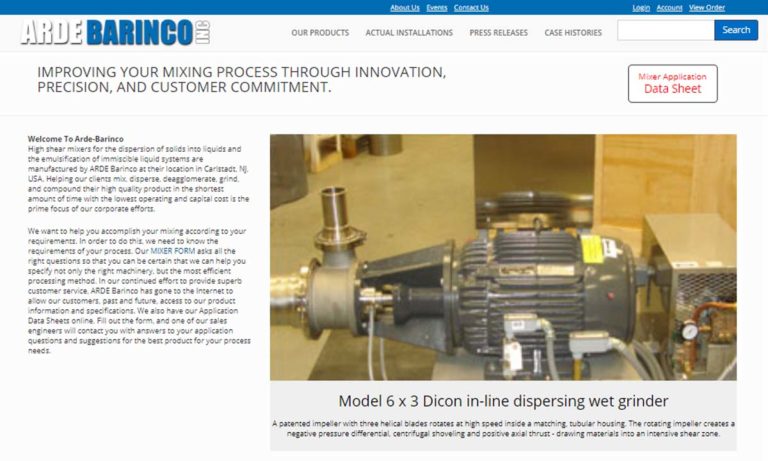
More Industrial Mixer Manufacturers
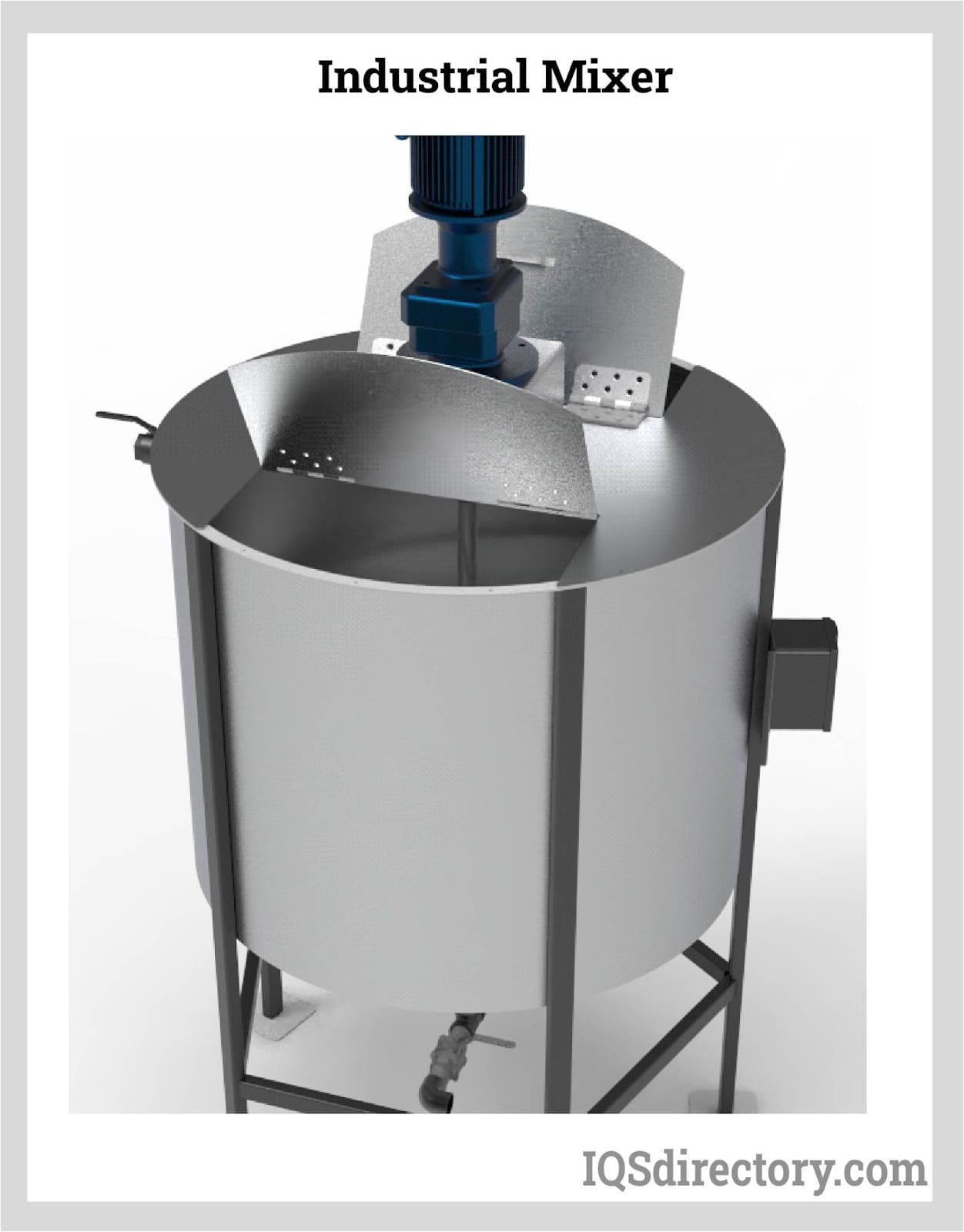
Types of Mixers Used in Industry
Different goods require various mixing methods, and many different kinds of industrial blenders and mixers exist. Industrial mixing can be done at various processing temperatures and operating pressures, depending on the bulk ingredients to be combined. Usually, motors and blades on mixing equipment are constructed to perform specialized handling operations. Blending dry powders, combining highly viscous pastes, homogenizing, emulsifying, agglomerating, or lowering particle size are a few common processing techniques.
Listed below are the types of industrial mixing machines for processing powders:
- Vacuum mixer – Industrial vacuum drying operations can be carried out using heated industrial vacuum mixing equipment that provides a sealed vacuum to blend the ingredients under various pressure conditions.
- Twin shaft mixer – Twin shaft mixer is a homogenizing mixer with mixing arms and two cylindrical mixing chambers.
- Ribbon mixer – A homogenizing mixer that has cutting-edge, helical mixing blades along the shaft and a conical or cylindrical chamber.
- Pin mixer – A tumble-growth agglomerator that produces granules by rolling materials around the edge of a horizontal chamber.
- Mixing reactor– chemically reactive components are added to an industrial mixer with a pressurized chamber for mixing, reacting, and coating.
- Rotor stator mixer– a homogenizing mixer having long, revolving vertical mixing blades that lower from the top; also known as a high-shear mixer.
- Drum blender – A drum blender is a compact industrial blender with a revolving mixing chamber and a helical mixing blade.
- Rotor stator mixer – This homogenizing mixer has long, revolving vertical mixing blades that lower from the top; it’s also known as a high-shear mixer.
Types of Industrial Mixing Technologies
Ribbon Mixing: The shaft of this mixing technology is attached to ribbons. The ribbons, which rotate to break up the contents of a mixing bowl, are often made of thin, sharp, corkscrew-shaped blades. The inner ribbon blades revolve opposite the outer ribbon blades, which causes material movement inside the mixer. Ribbon speeds are changed to get the desired blend. This technique works well with dry, freely moving substances like powders and liquid-solid mixtures. A food blender is a typical example of this type of mixer.
Attrition and homogeneity are two of the biggest problems faced by ribbon mixers. Particularly when working at higher speeds that produce strong shear forces inside the mixer, the ribbon blades frequently cause damage to the particles—the degree of mixing changes within a container as well. A given mix is not consistent or homogeneous throughout the vessel since it is greater closest to the blades. Due to this, ribbon mixers may require an extended operation to attain the requisite mixing uniformity and consistency. Cycle times and operating expenses consequently go up as a result.

Tumble Mixing: Tumbling mixers use diffusion to accomplish the necessary mixing. These mixers consist of a vessel or sealed mixing drum that rotates at a set speed during blending, using gravity to help with material movement inside the vessel. The lack of an agitators in tumblers makes them stand out from other mixing techniques and makes tumblers less susceptible to particle damage and particle size reduction.
However, segregation following mixing, or "overmixing," is a problem for this method. Tumble mixers are, therefore, best suited for liquids and solids where segregation is difficult (namely, materials that do not have large differences in particle size and density).
Planetary Mixing: Planetary mixers use a mixing drum with an impeller or agitator as an attachment. To stir the components in the vessel, the agitator rotates in a circular motion. This motion resembles how planets rotate around the sun, therefore the name "planetary." In many planetary mixers, the mixing vessel is stationary. Still, for applications that call for greater mixing, the bowl can rotate in the opposite direction of the agitator to stir the contents around more. Agitator devices like paddles, whisks, or beaters can be attached to get the ideal mixing results. A stand-up kitchen mixer is an illustration of this type of mixing equipment.

Centrifugal Mixing: This technique, known as planetary centrifugal mixing, blends materials without using an agitator by simultaneously rotating and revolutionizing. The material travels to the outside of the vessel due to centrifugal forces produced by revolution; rotation and tilting of the vessel change the flow's direction and produce shearing forces, which can fast produce much heat.
Due to the interaction of these pressures, a range of ingredients, even those with various densities, can be mixed quickly and uniformly. This kind of mixing also can de-aerate a combination as it is being mixed, which cuts down on or eliminates the time needed to de-aerate after the mixing process.
Choosing the Correct Industrial Mixers Supplier
To make sure you have the most positive outcome when purchasing Industrial Mixers from an Industrial Mixers Supplier, it is important to compare at least 4 or 5 Companies using our list of Industrial Mixers manufacturers. Each Industrial Mixers Supplier has a business profile page that highlights their areas of experience and capabilities and a contact form to directly communicate with the manufacturer for more information or request a quote. Review each Industrial Mixers business website using our proprietary website previewer to get an idea of what each company specializes in, and then use our simple RFQ form to contact multiple Industrial Mixers businesses with the same form.




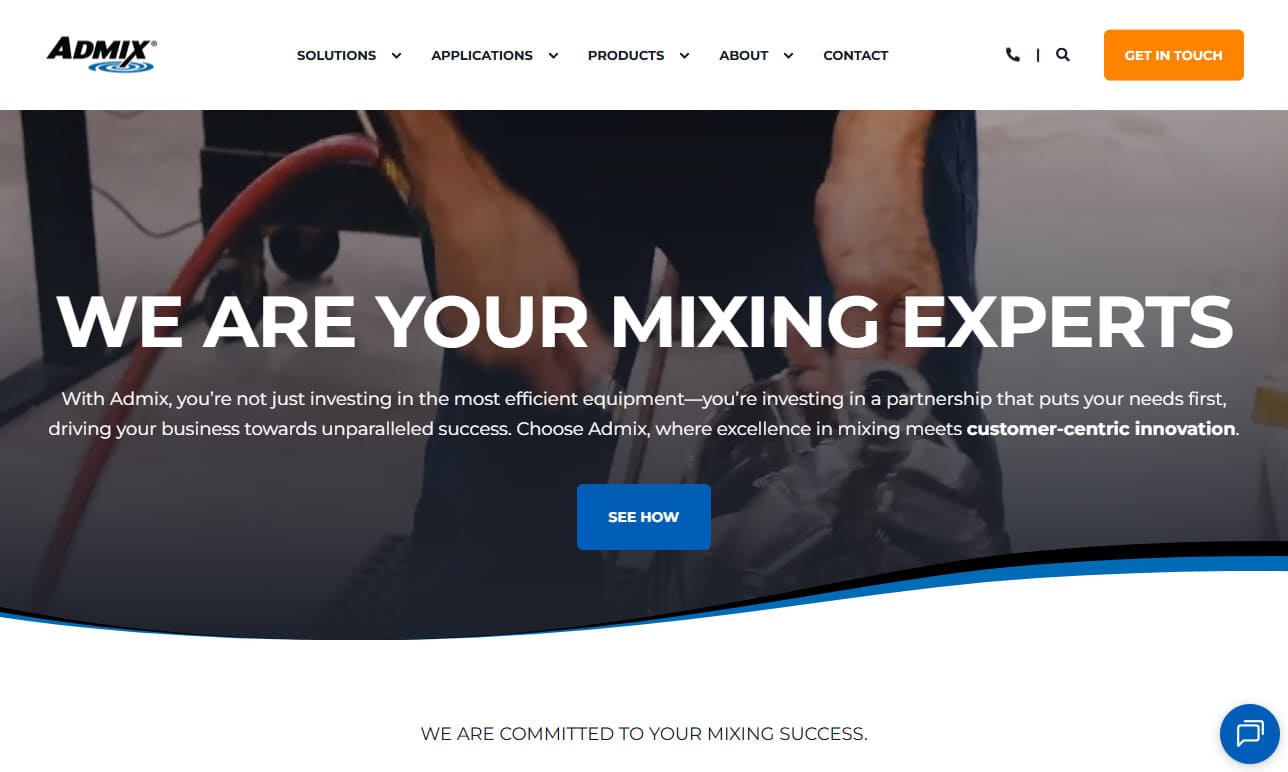
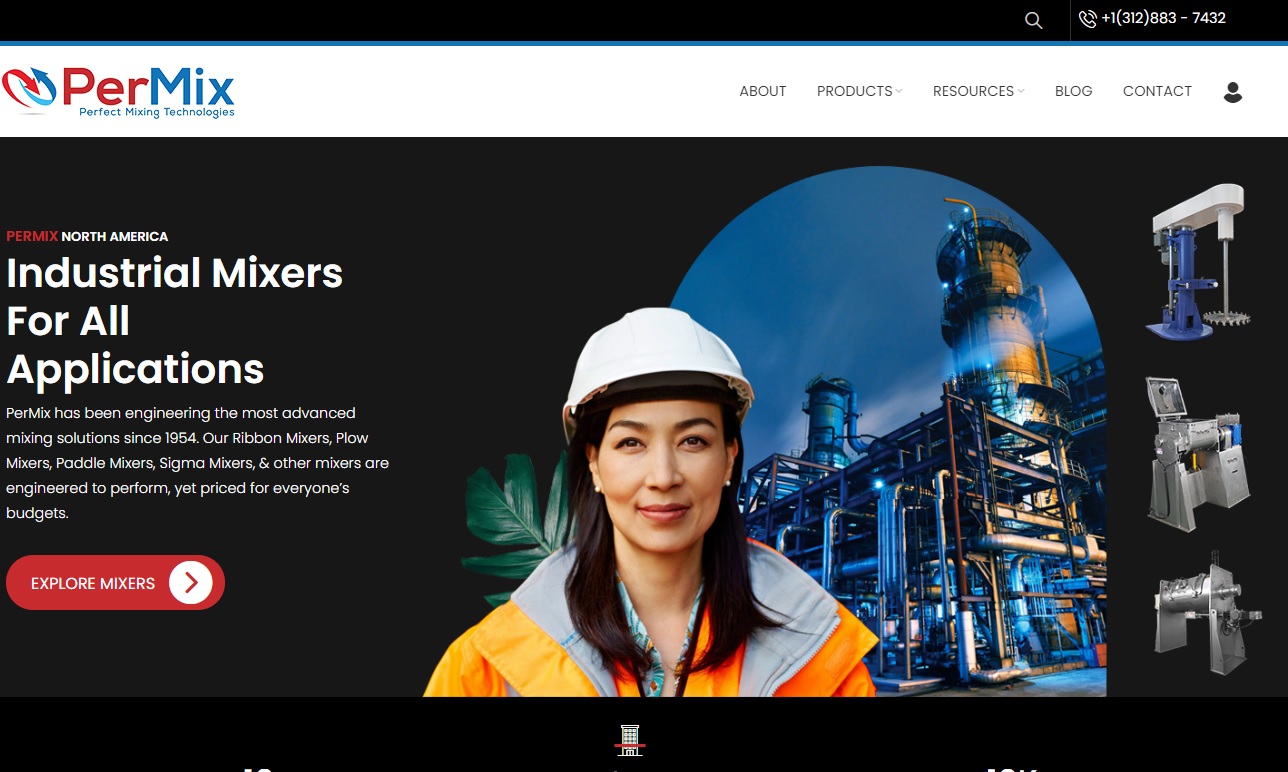
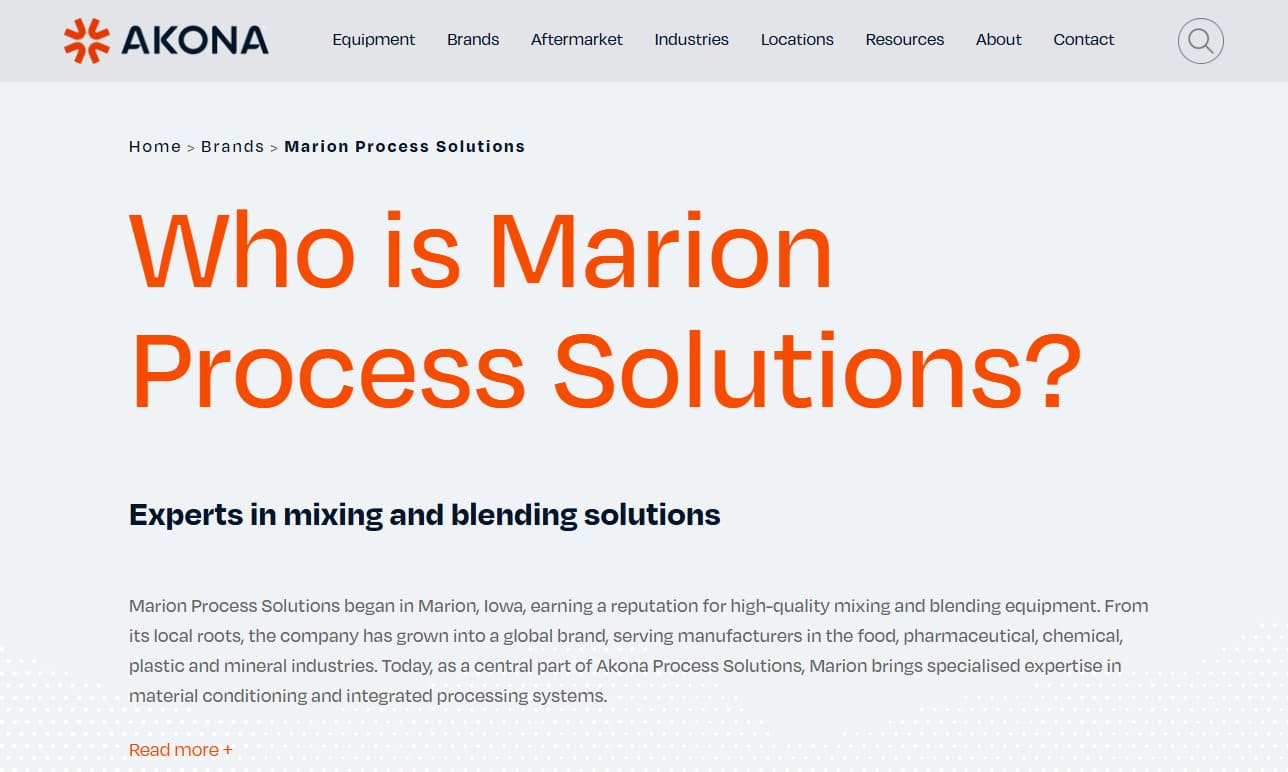
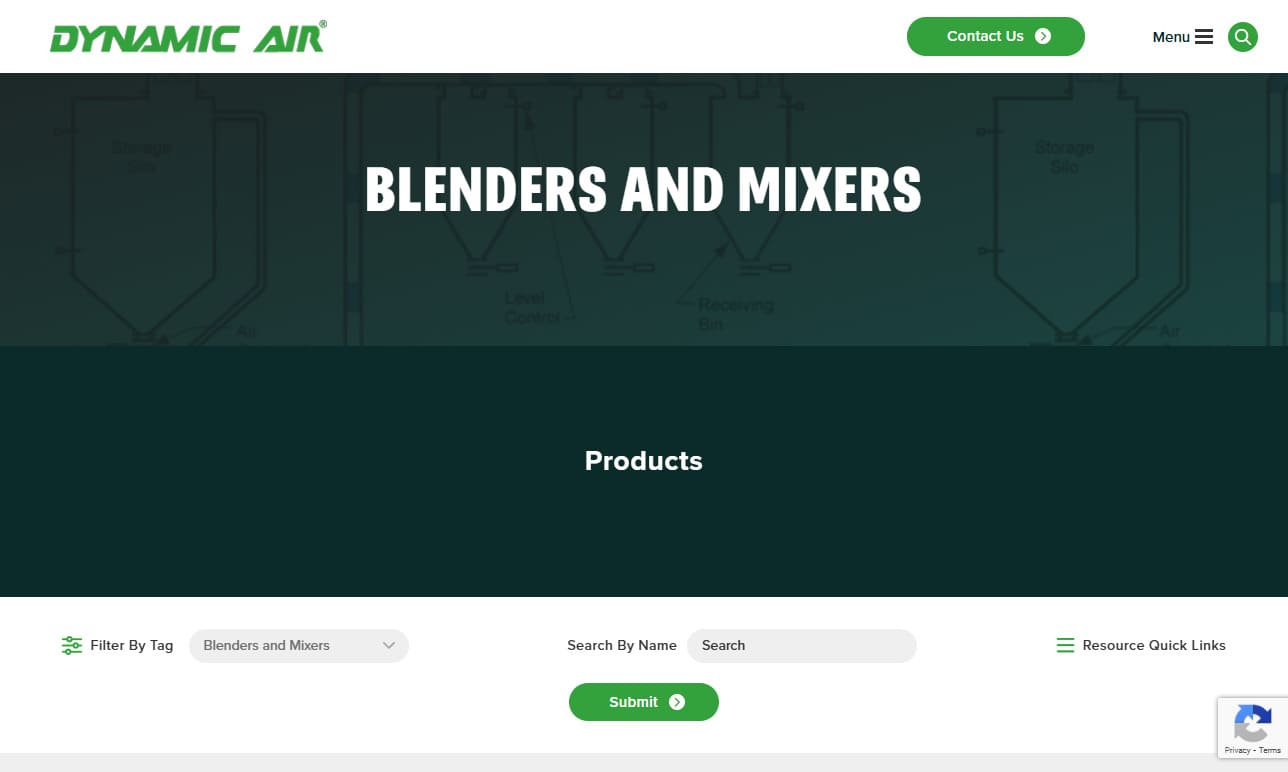


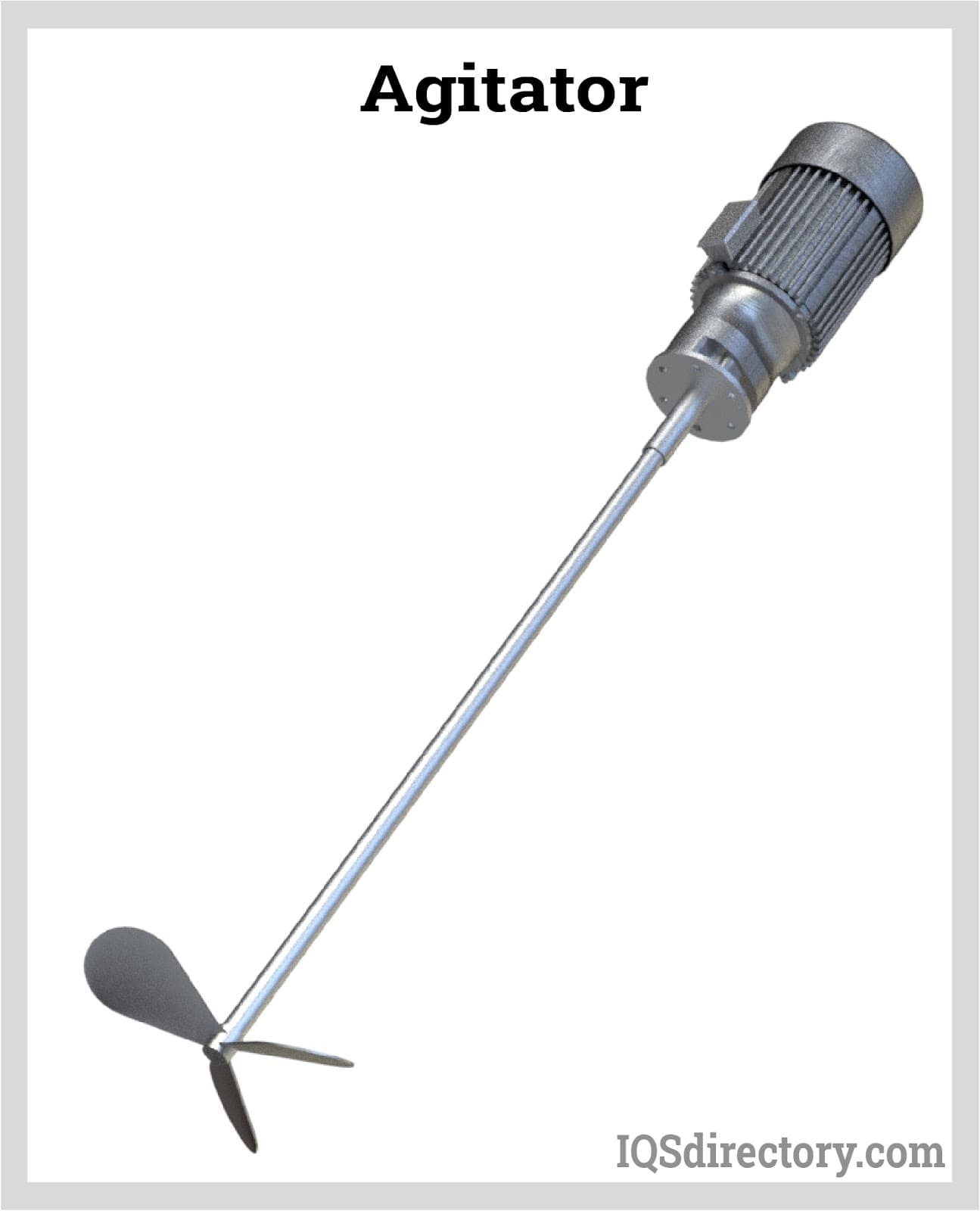
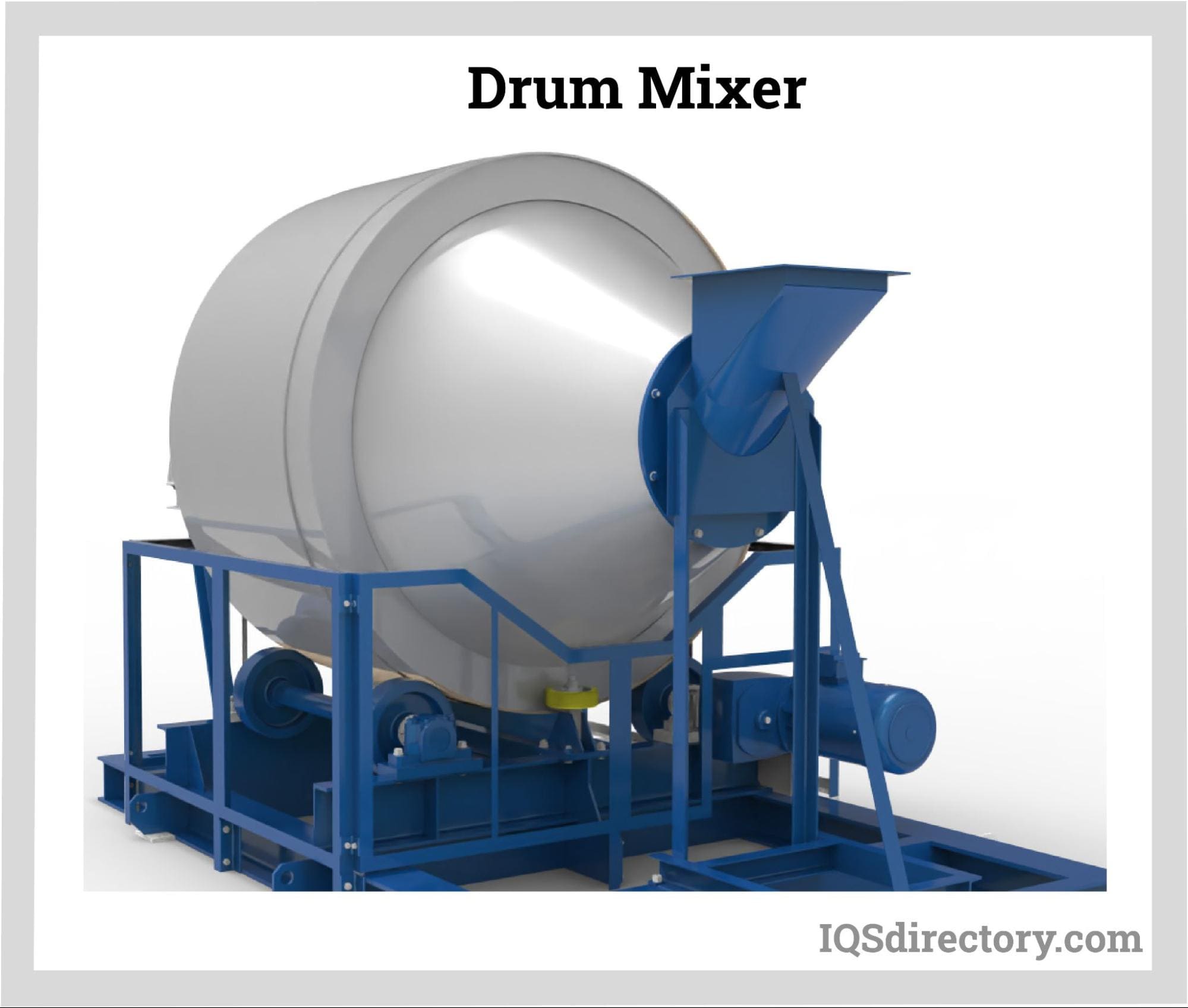

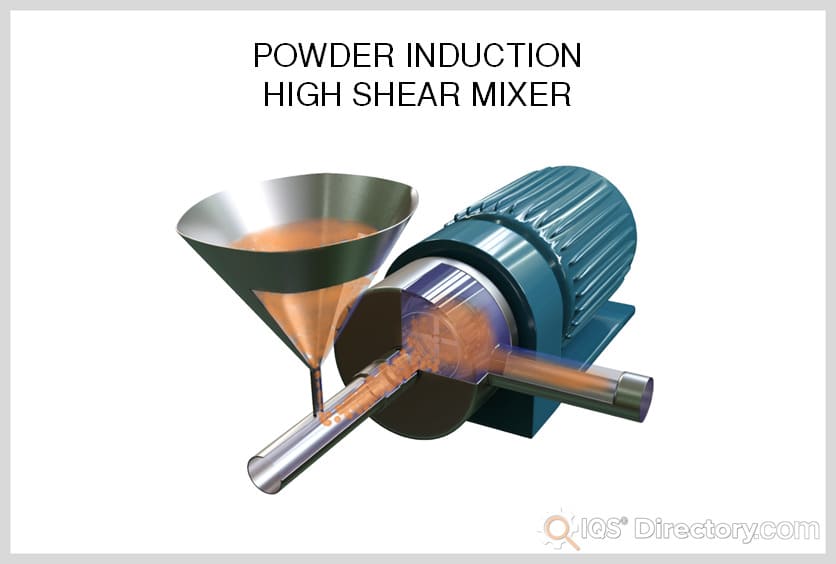
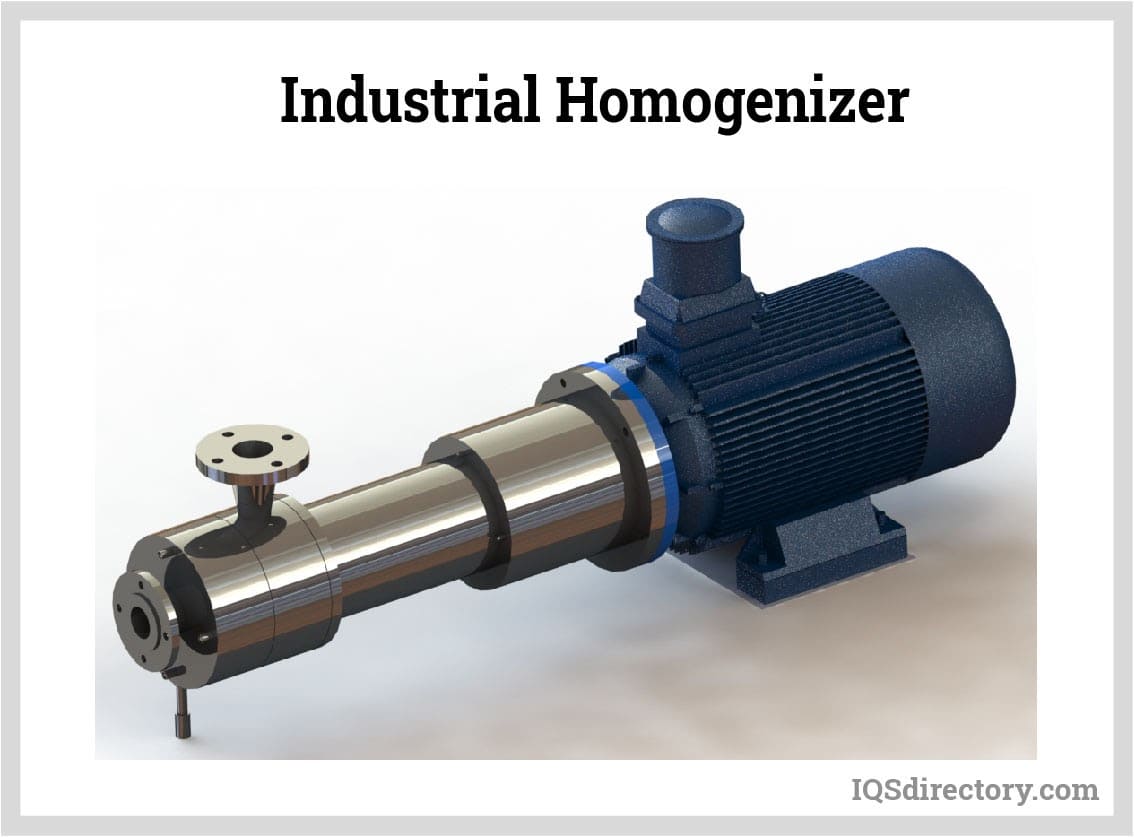
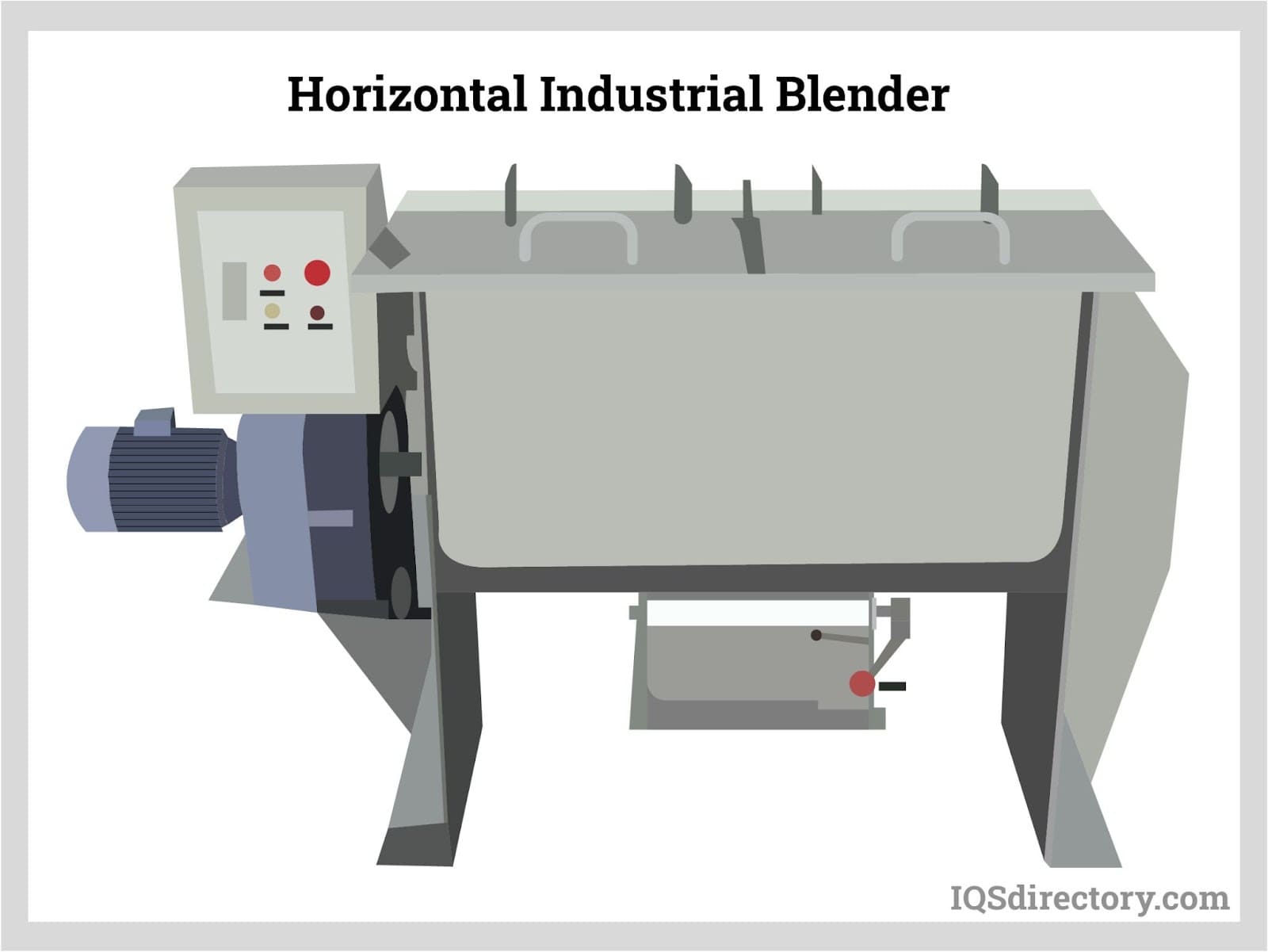
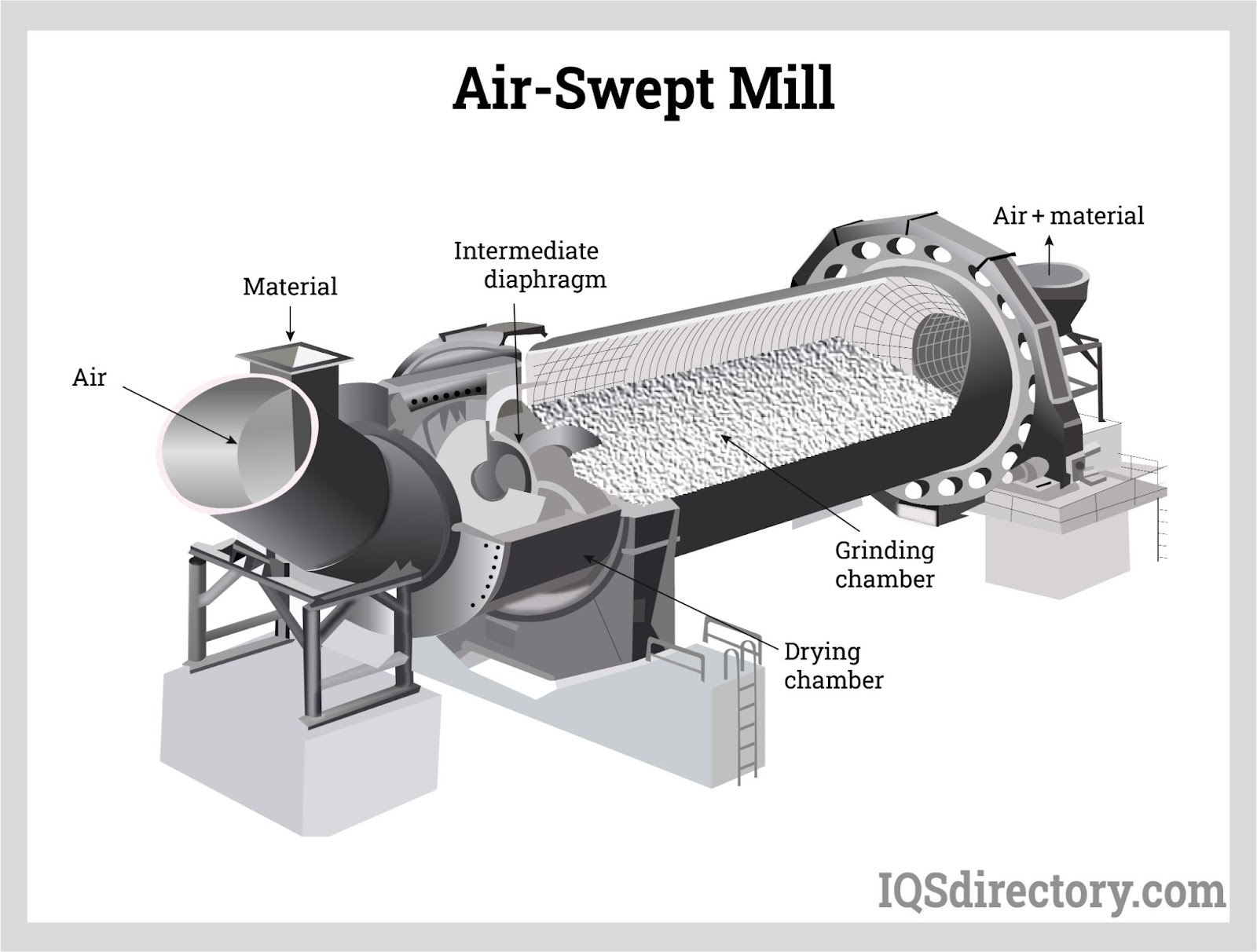
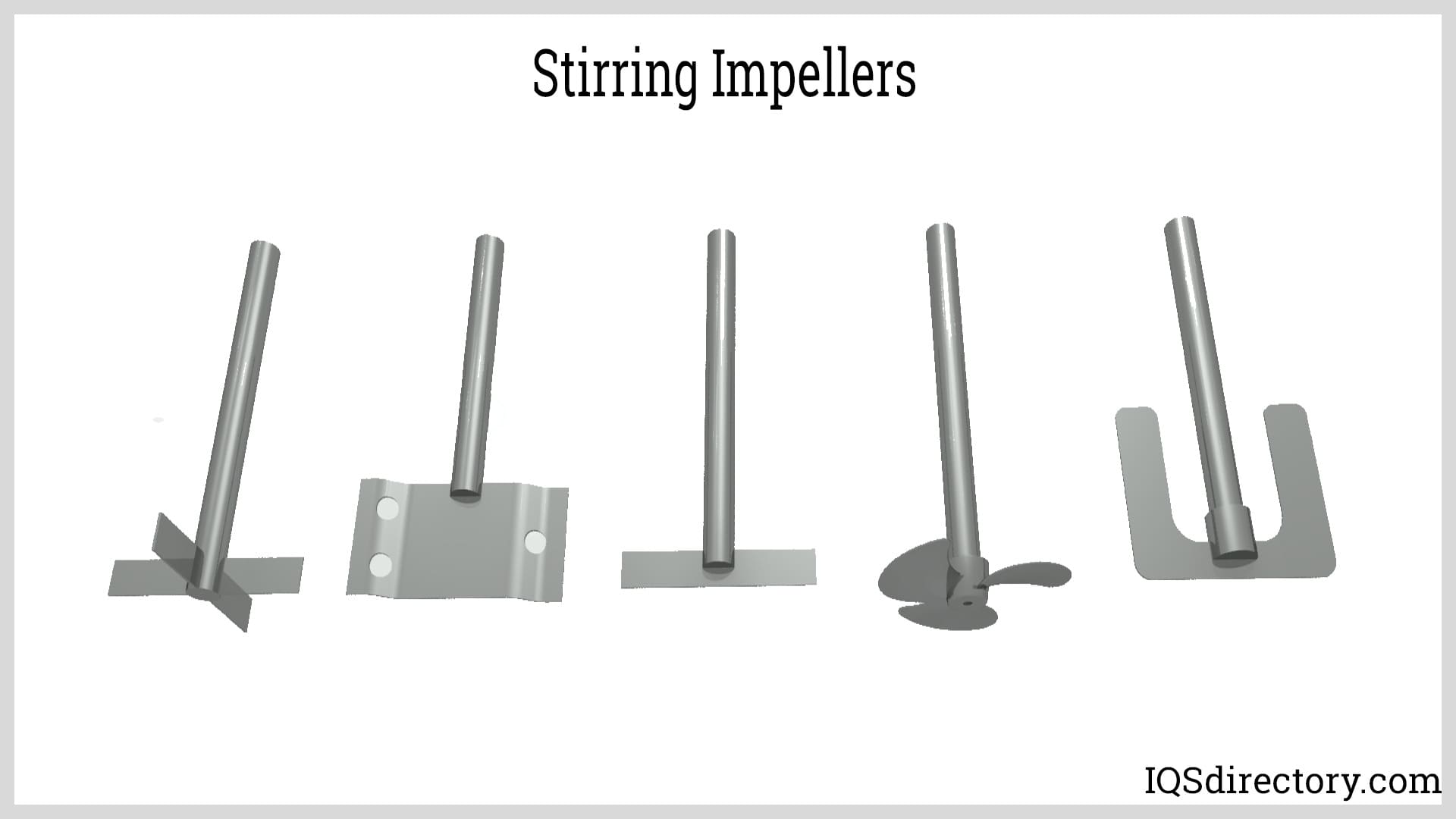
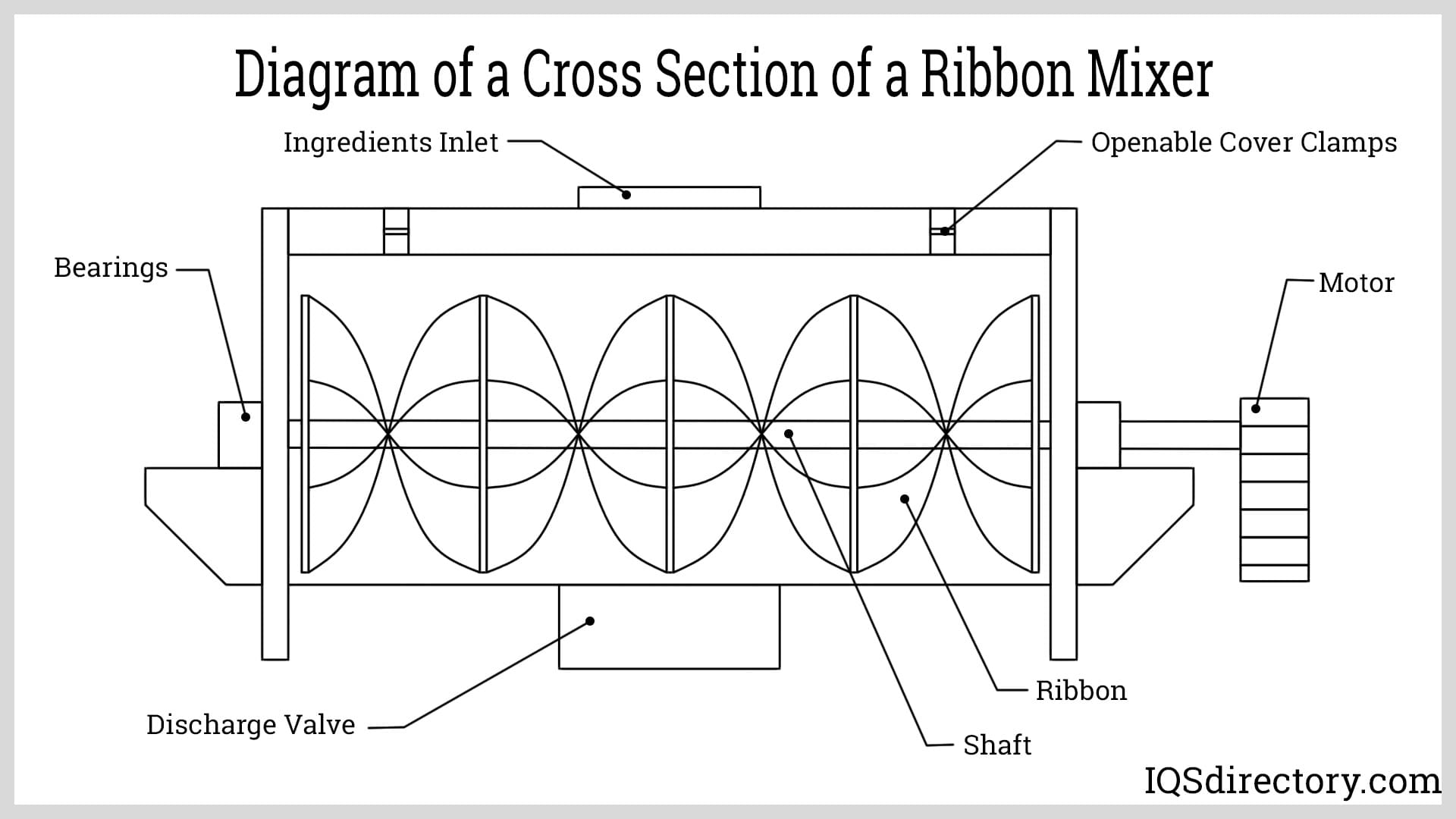
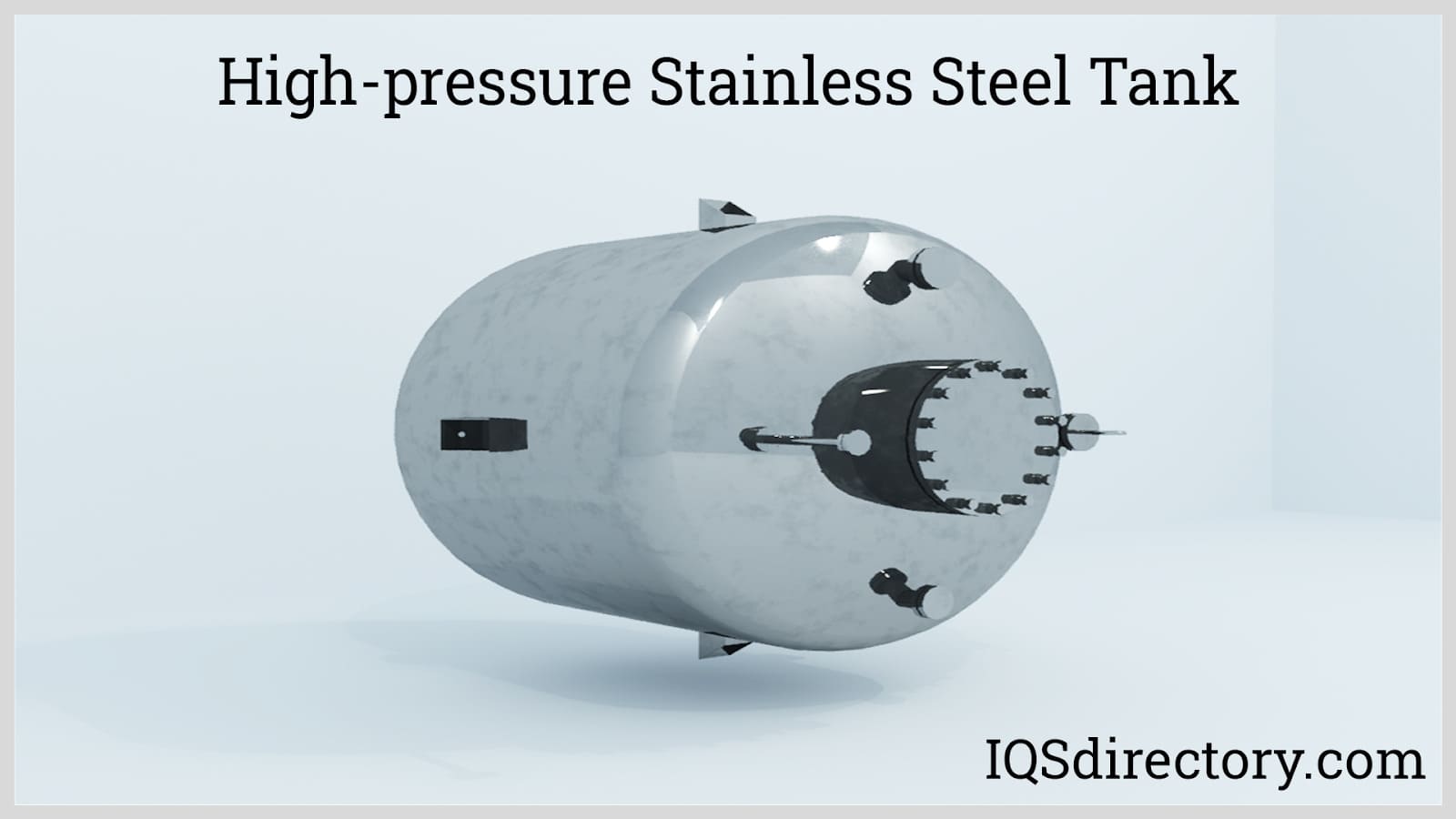
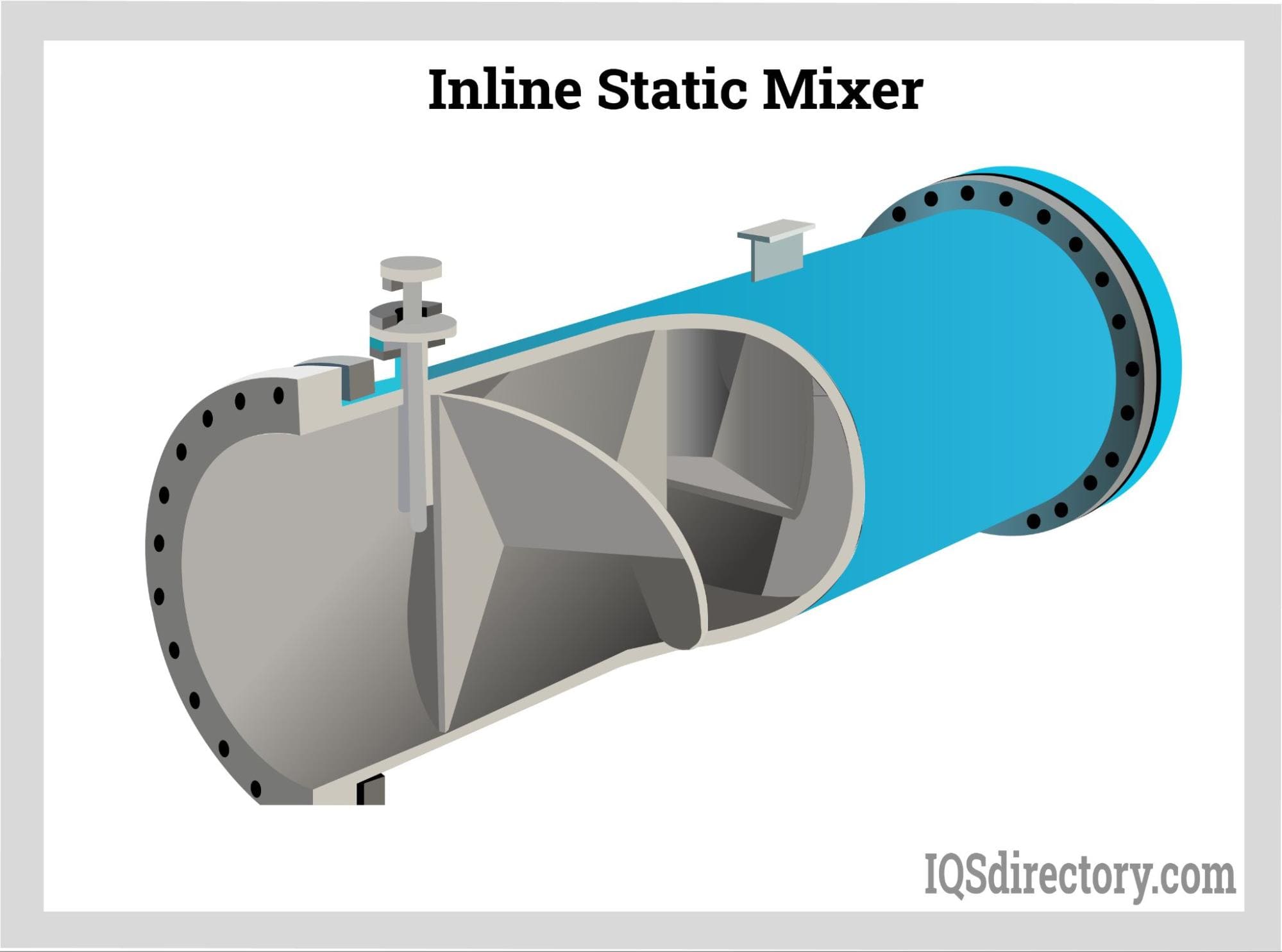
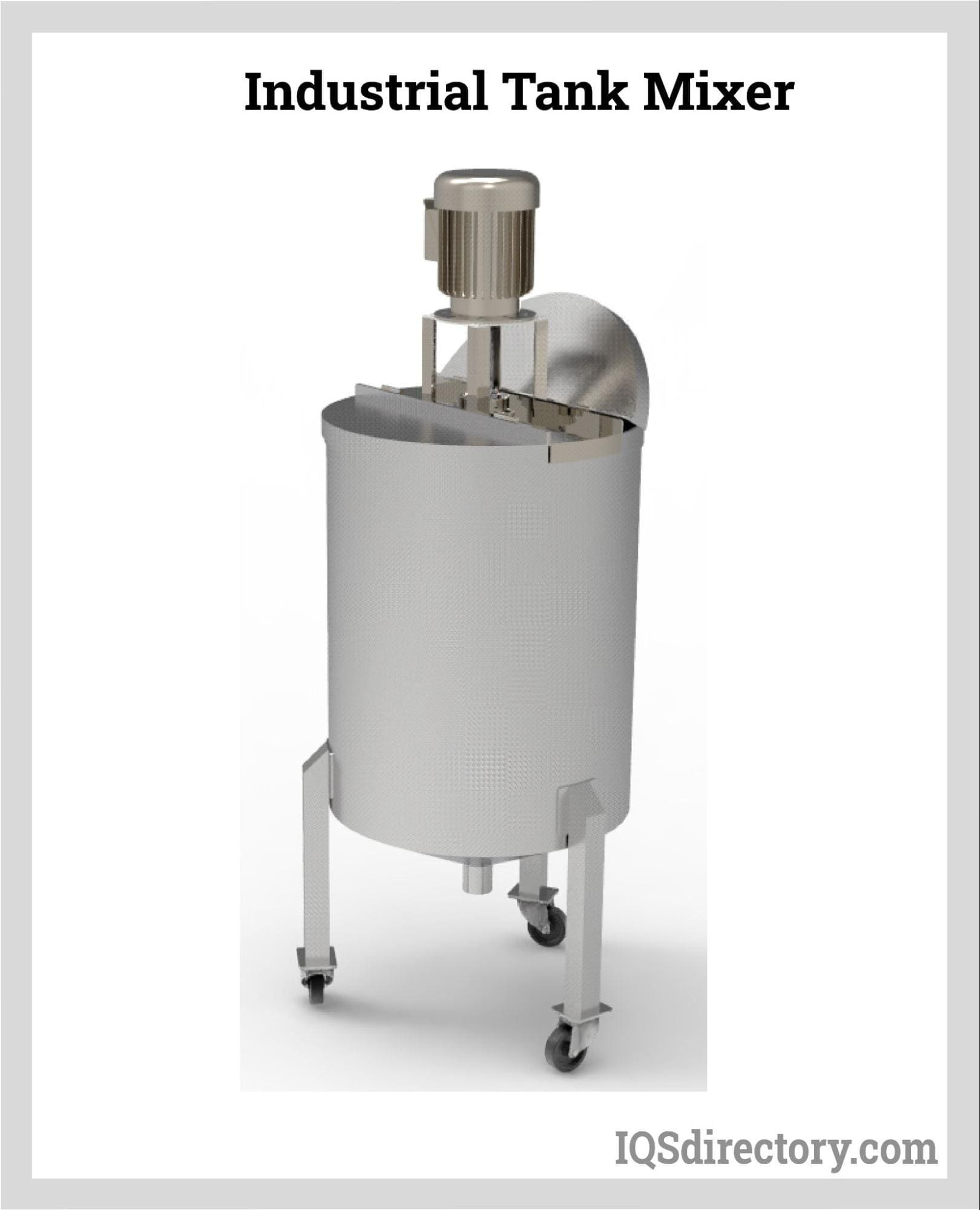
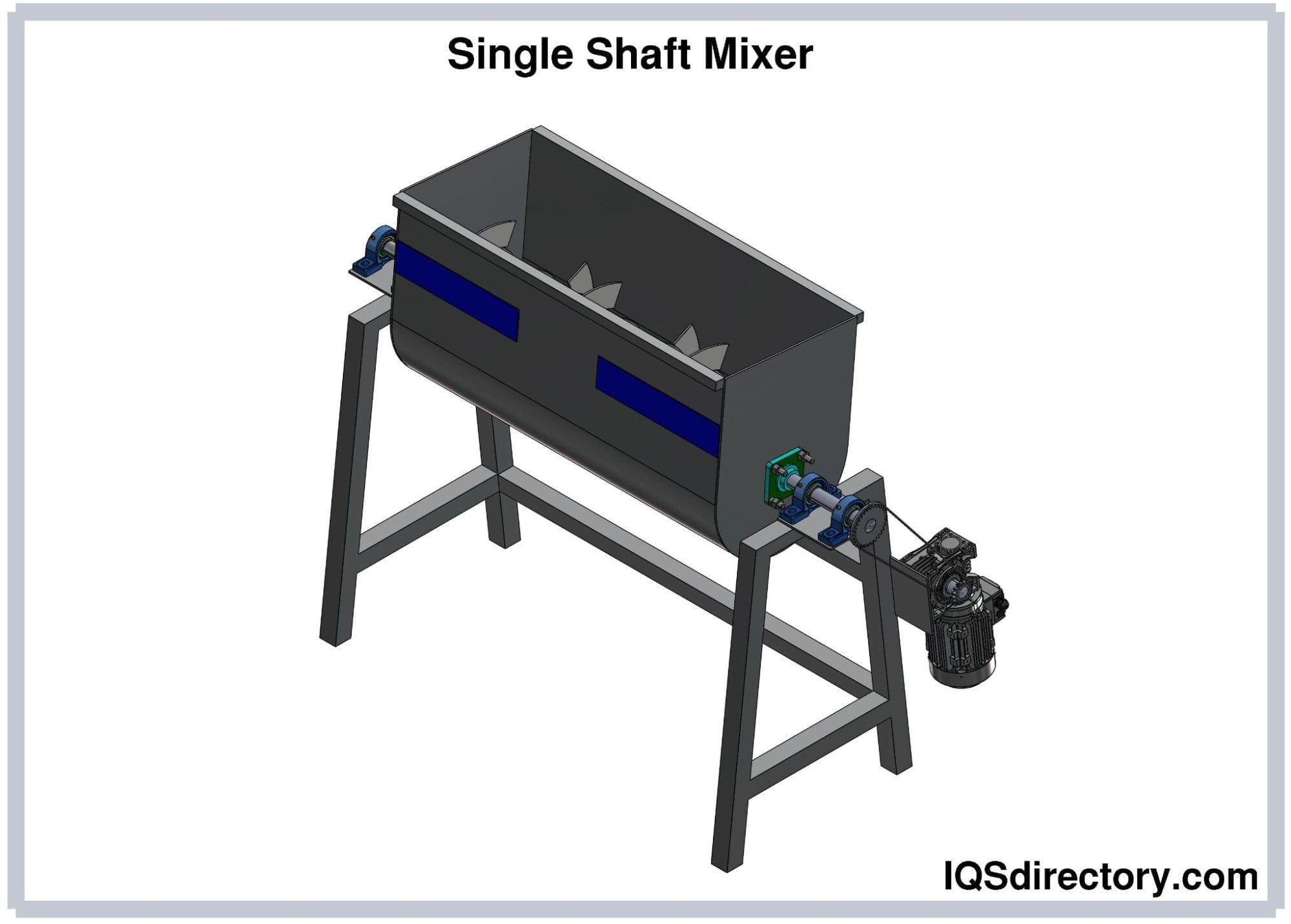
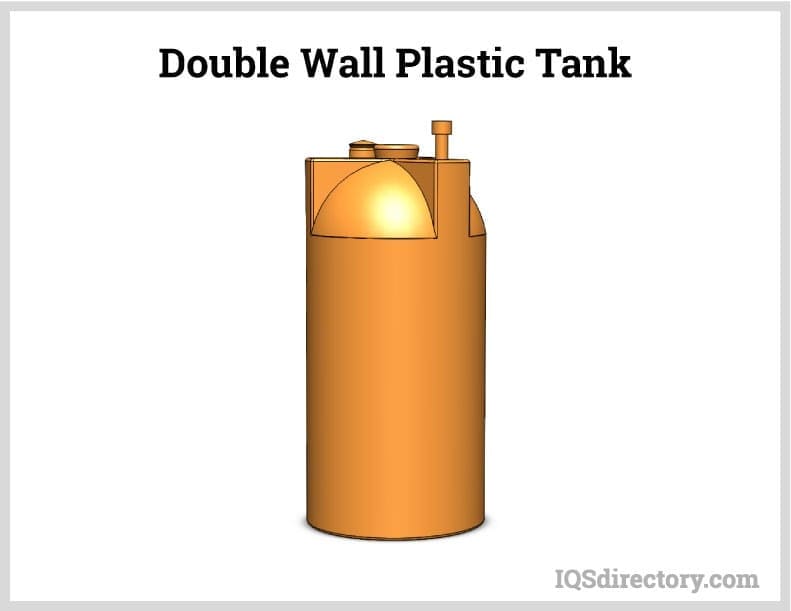
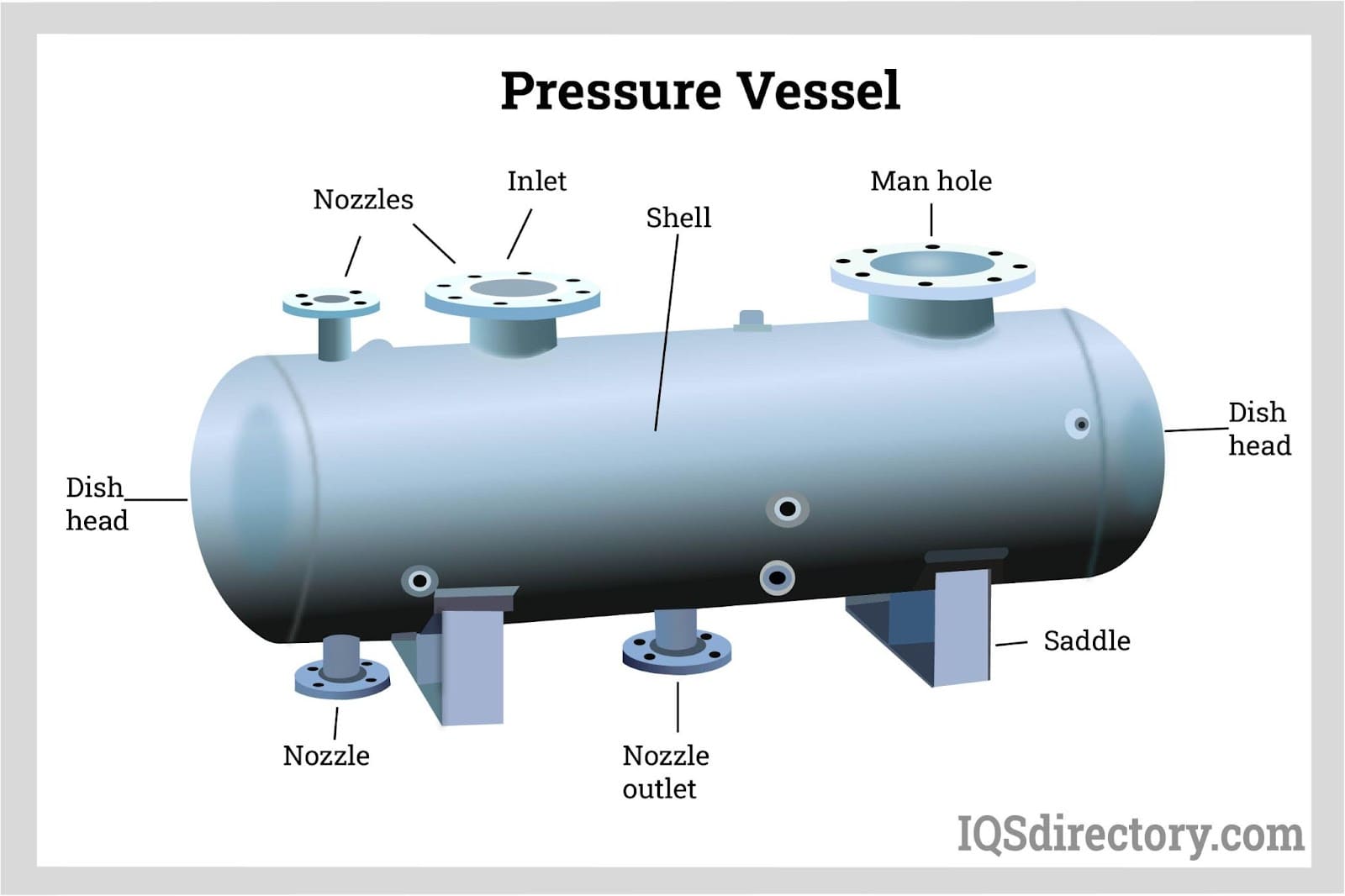
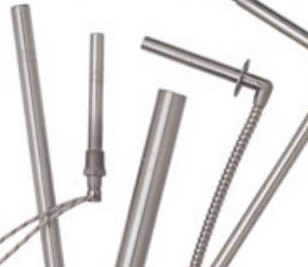 Electric Heaters
Electric Heaters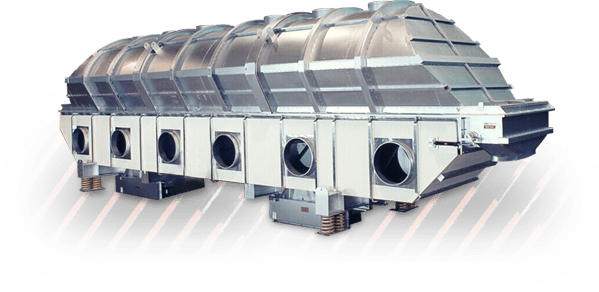 Industrial Dryers
Industrial Dryers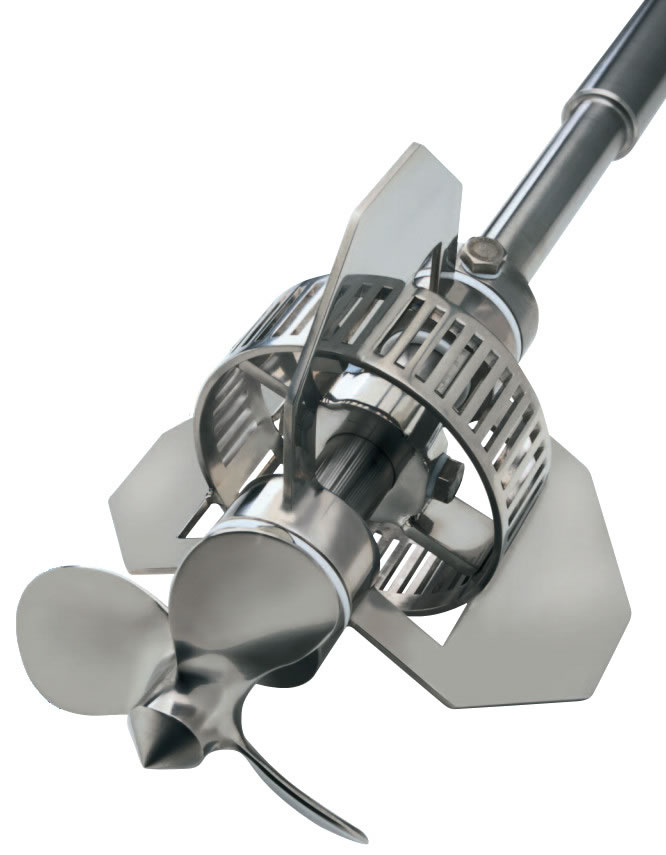 Industrial Mixers
Industrial Mixers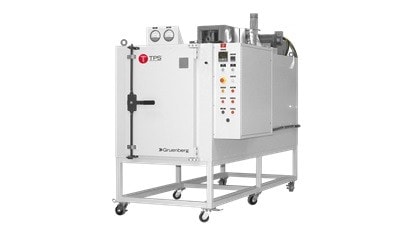 Industrial Ovens
Industrial Ovens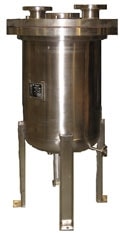 Pressure Vessels
Pressure Vessels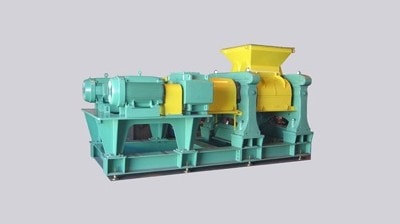 Pulverizers
Pulverizers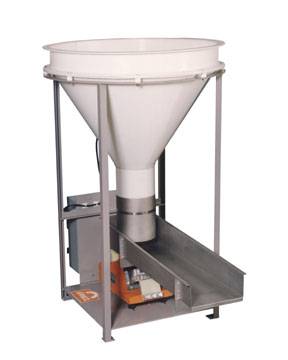 Vibratory Feeders
Vibratory Feeders Castings & Forgings
Castings & Forgings Bulk Material Handling
Bulk Material Handling Electrical & Electronic Components
Electrical & Electronic Components Flow Instrumentation
Flow Instrumentation Hardware
Hardware Material Handling Equipment
Material Handling Equipment Metal Cutting Services
Metal Cutting Services Metal Forming Services
Metal Forming Services Metal Suppliers
Metal Suppliers Motion Control Products
Motion Control Products Plant & Facility Equipment
Plant & Facility Equipment Plant & Facility Supplies
Plant & Facility Supplies Plastic Molding Processes
Plastic Molding Processes Pumps & Valves
Pumps & Valves Recycling Equipment
Recycling Equipment Rubber Products & Services
Rubber Products & Services